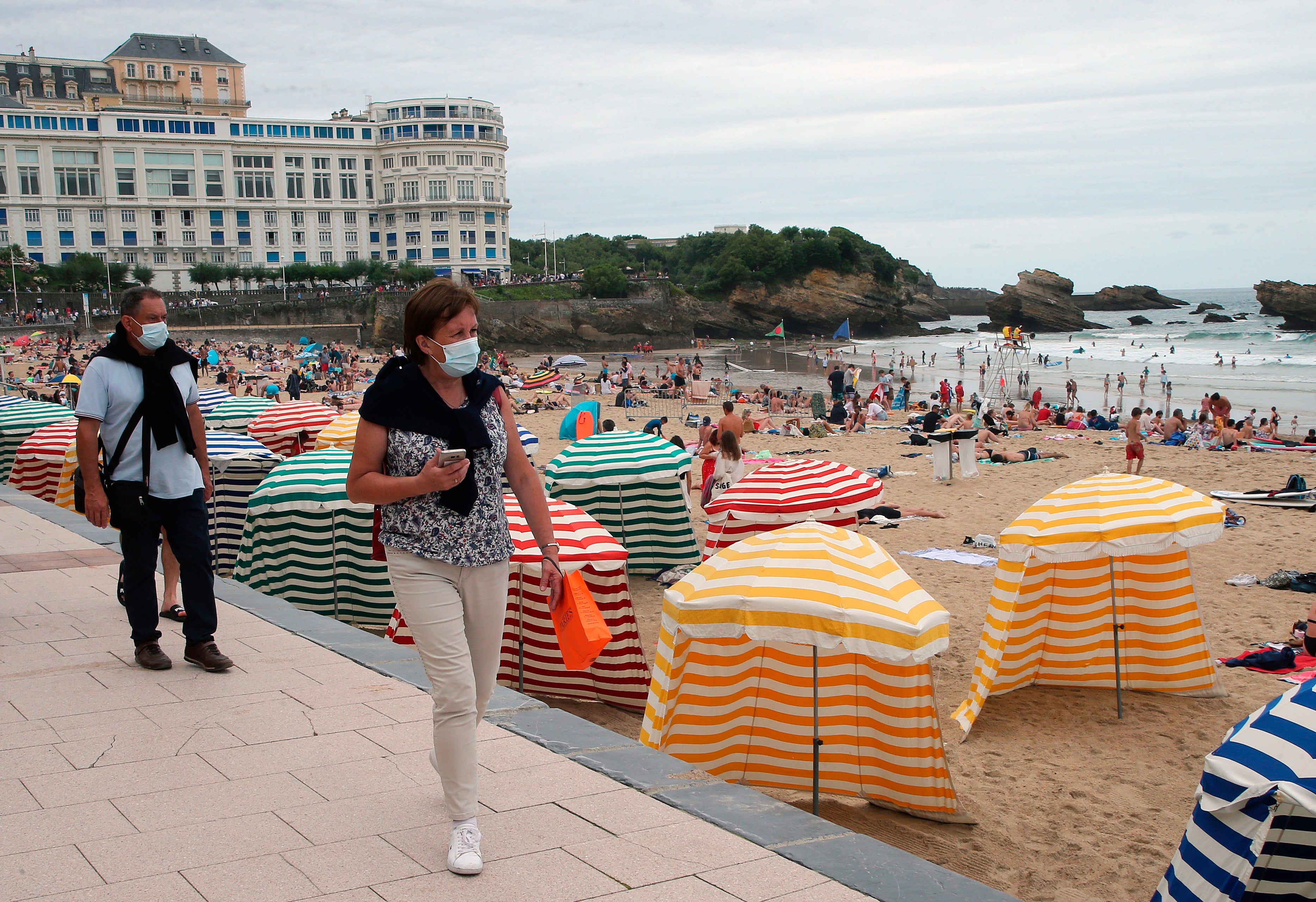No summer break: 35 million in EU can't afford holidays
The majority of low-income families in the European Union can’t afford a summer holiday, according to a study by the the European Trade Union Confederation

Your support helps us to tell the story
From reproductive rights to climate change to Big Tech, The Independent is on the ground when the story is developing. Whether it's investigating the financials of Elon Musk's pro-Trump PAC or producing our latest documentary, 'The A Word', which shines a light on the American women fighting for reproductive rights, we know how important it is to parse out the facts from the messaging.
At such a critical moment in US history, we need reporters on the ground. Your donation allows us to keep sending journalists to speak to both sides of the story.
The Independent is trusted by Americans across the entire political spectrum. And unlike many other quality news outlets, we choose not to lock Americans out of our reporting and analysis with paywalls. We believe quality journalism should be available to everyone, paid for by those who can afford it.
Your support makes all the difference.The majority of low-income families in the European Union can't afford a summer holiday, according to a study by the the European Trade Union Confederation .
The organization, which represents 45 million members in 38 European countries, said many low-paid workers are among 35 million of EU citizens who don't have enough money for a break. The union used data from Eurostat the EU's statistical office.
“A holiday should not be a luxury for the few. While many workers are away enjoying time off with friends and family, millions are missing out because of low pay," the confederation's deputy general secretary Esther Lynch said. “The rise in holiday inequality shows how the benefits of economic growth in Europe over the last decade haven’t been shared fairly."
According to the study, 28% of those aged 16 or over living in the bloc of 450 million people don't have the means to enjoy a one-week holiday away from home. The study stressed that this rose to 59.5% for people whose income falls below Eurostat's at-risk-of-poverty threshold, which is set at 60% of national median income.
The worst situation is in Greece where 88.9% of people living at risk of poverty can't afford a holiday, followed by Romania (86.8%), Croatia (84.7%), Cyprus (79.2%) and Slovakia (76.1%).
ETUC said many people in the poverty group are unemployed or retired, but it also includes millions of low paid workers.
“Statutory minimum wages leave workers at risk of poverty in at least 16 EU member states and, according to the European Commission, 22 million workers make less than 60% of the median," the union said, adding that holiday inequality grew in 16 EU countries over the past 10 years.
The biggest divides in access to holidays between those with income below 60% of median and those with income above that threshold are in Croatia, Greece ,Bulgaria, Czech Republic, France and Romania, it said.
ETUC said it is working with European legislators to introduce a “threshold of decency" into EU law that would ensure statutory minimum wages could never be less than 60% of the median wage and 50% of the average wage of any EU nation. The union said the move would help deliver a pay rise to over 24 million people.